Asteroid-Busting Rockets Launching From Earth
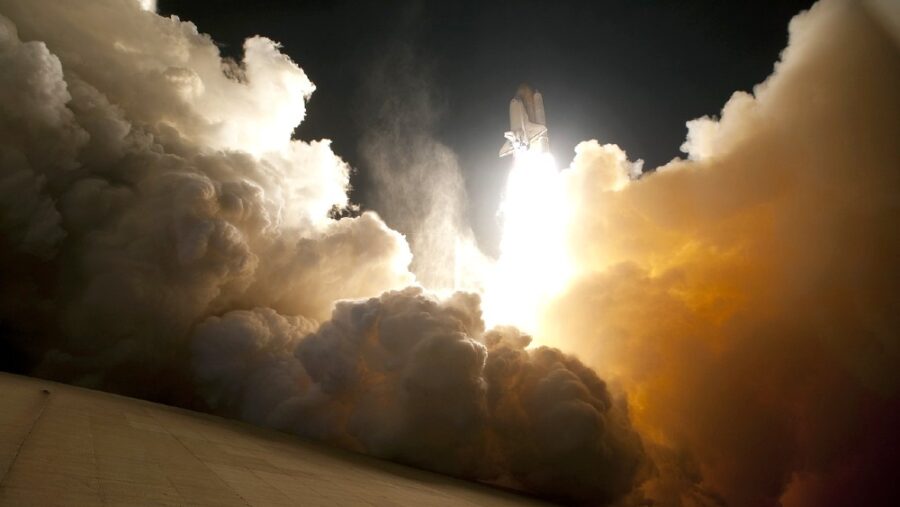
In July of this year, Earth narrowly missed an impact by an asteroid called 2023 NT1. The problem is, while the space rock didn’t hit our planet, we didn’t even notice the close encounter until two days after it occurred, meaning that had the asteroid been a bit more on target, we could have faced a blast bigger than the 2013 Chelyabinsk impact and wouldn’t have known until after it happened. According to Science Alert, sneaky asteroids like this cause a major threat to the safety of us earthlings, and so scientists are suggesting creating asteroid-busting rockets to prevent unknown asteroids from passing by in the future.
A Near-Miss Encounter Prompted Discussion Of The Asteroid-Bursting Rocket
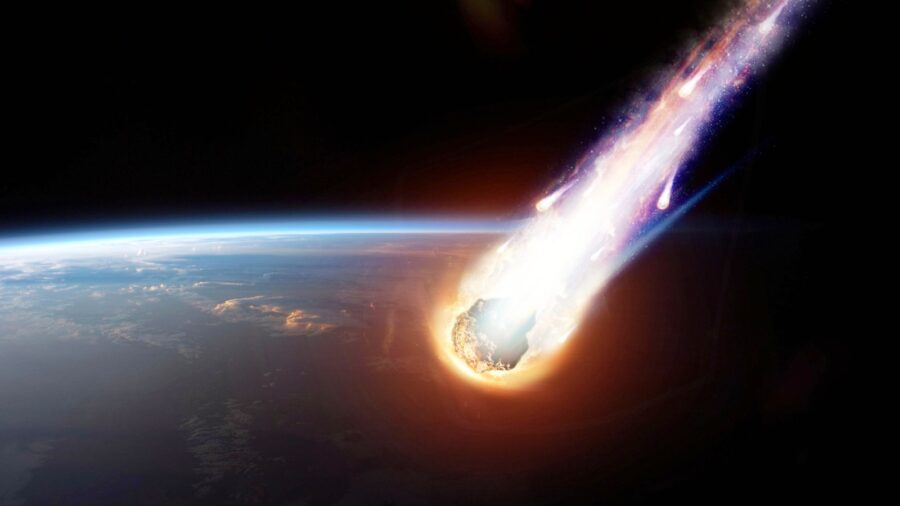
The recent close encounter with the 2023 NT1 asteroid, measuring between 30 to 60 meters across, emphasized the urgency of addressing the potential danger posed by these relatively small but destructive space rocks. Had the 2023 NT1 asteroid been on a collision course with Earth, it could have unleashed an impact three times greater than the 2013 Chelyabinsk event, which injured over 1,000 people and caused considerable damage. This raises a pressing question: If we were to detect a similar asteroid just days before it was to strike our planet, could we prevent a catastrophic impact?
The Pulverize It Method
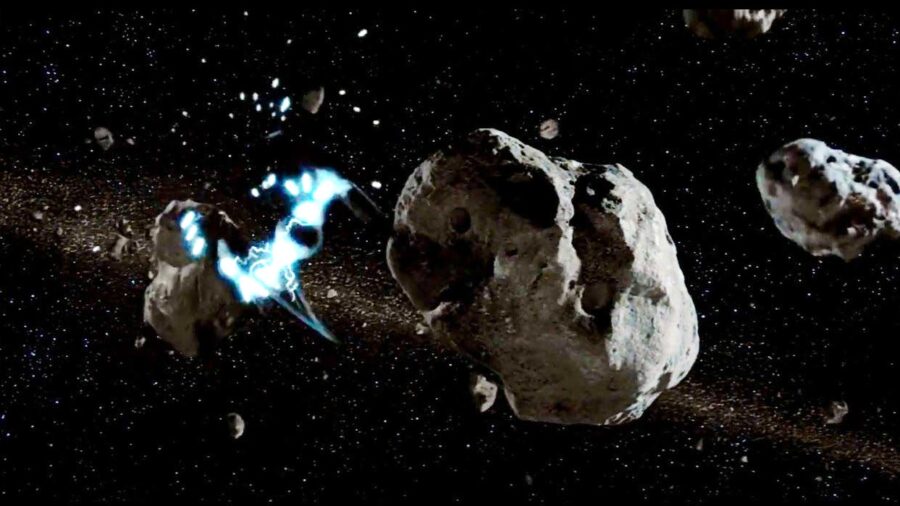
A recent study published on arXiv delves into the possibility of using the Pulverize It (PI) method to counteract an asteroid threat. This involves using rockets to break the asteroid into small pieces, preventing it from causing major damage. While blowing up asteroids is a familiar strategy for those who have seen a lot of sci-fi movies, it’s still a theoretical method in reality.
The theory goes like this: assuming we have a rocket on standby, we could launch a defense rocket within a day after being tipped off that an asteroid is approaching Earth. Then, using a combination of kinetic and explosive impactors released from the rocket at high speed, we’d strike the asteroid and shatter it into fragments no larger than 10 meters across, effectively destroying the asteroid and its risk to our planet.
How Prepared Are We Today For Impact?
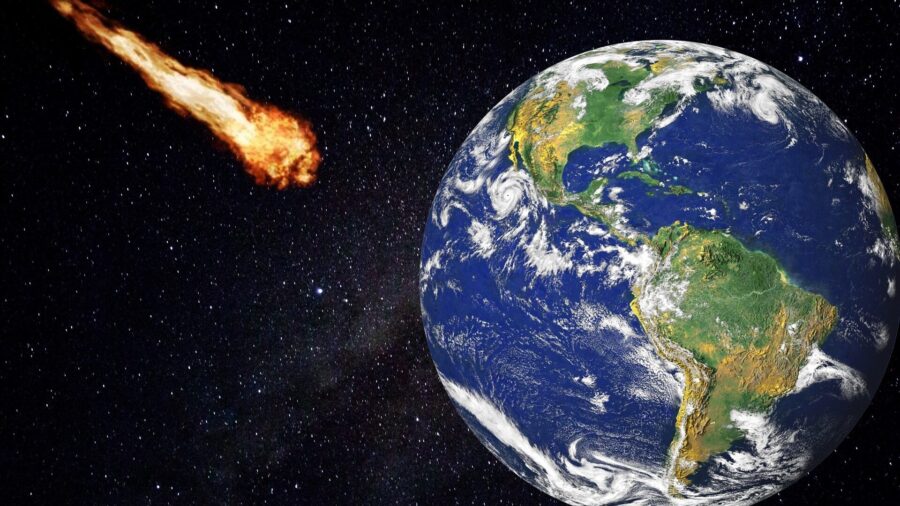
Still, this is all just theory at the moment. If an asteroid were to crash down into our celestial neighborhood tomorrow, we’d be ill-prepared to counter it effectively. While we have the knowledge and capabilities to develop a planetary defense rocket, we currently don’t have any lying around to use in case another space rock starts soaring in our direction.
Asteroid-Bursting Rockets Could Soon Be Planet-Savers
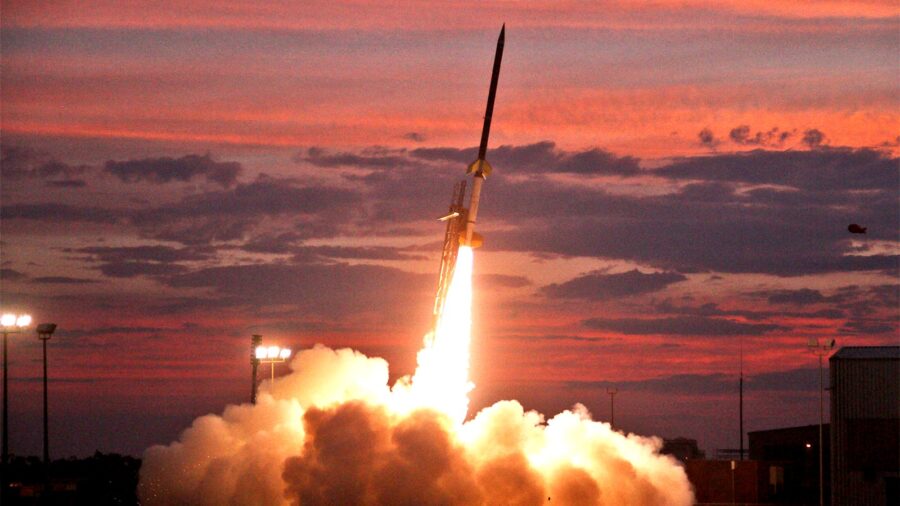
This is why the researchers who put together the study are urging those in charge to develop an asteroid-busting rocket. Events like the 2023 NT1 close encounter remind us that space rocks capable of causing significant destruction do exist, and we need to be prepared, lest we want to face another disaster like the 2013 Chelyabinsk impact.
How Likely Is A Fatal Asteroid Impact Today?

In the grand scheme of things, the odds of a catastrophic asteroid impact are relatively low, but according to researchers, the potential consequences are so dire that we can’t afford to be complacent. The events of July 2023 and the hypothetical scenario of a similar asteroid on a collision course serve as a call to action. Our ability to defend against these cosmic threats is within reach, and it is our responsibility to ensure that we have the means and the will to protect our planet from the perils of the cosmos.












